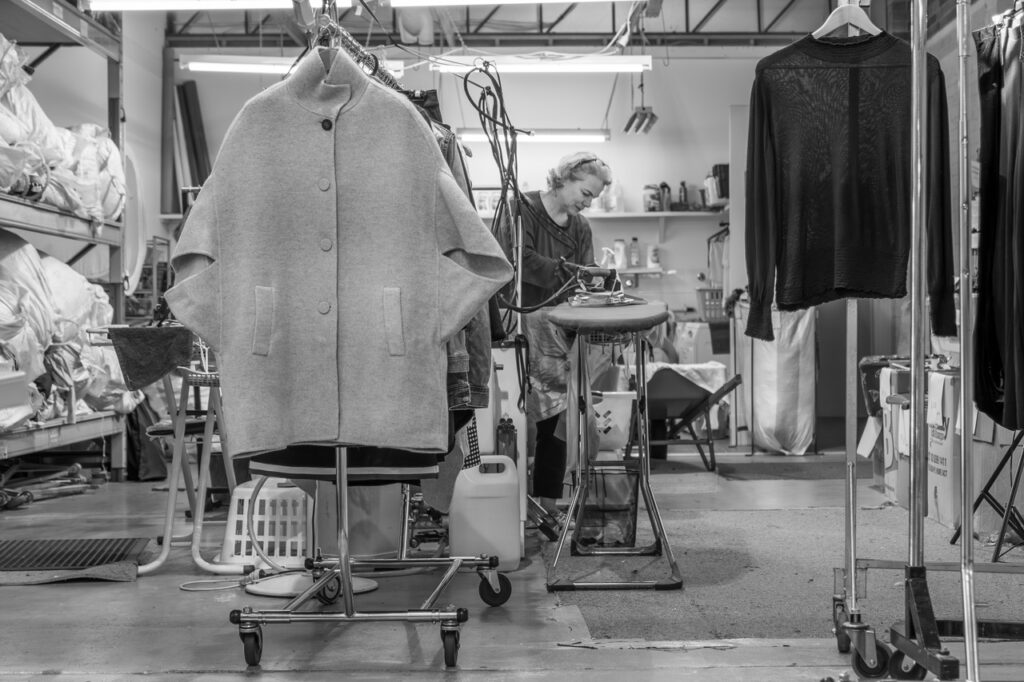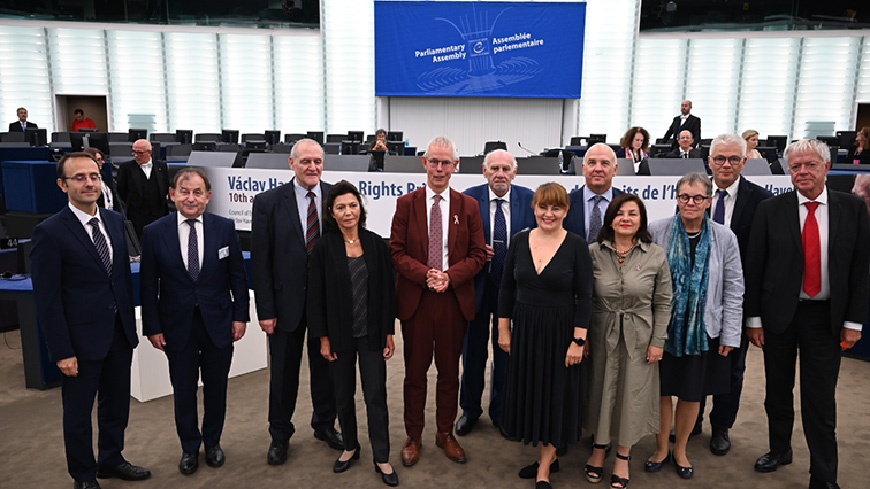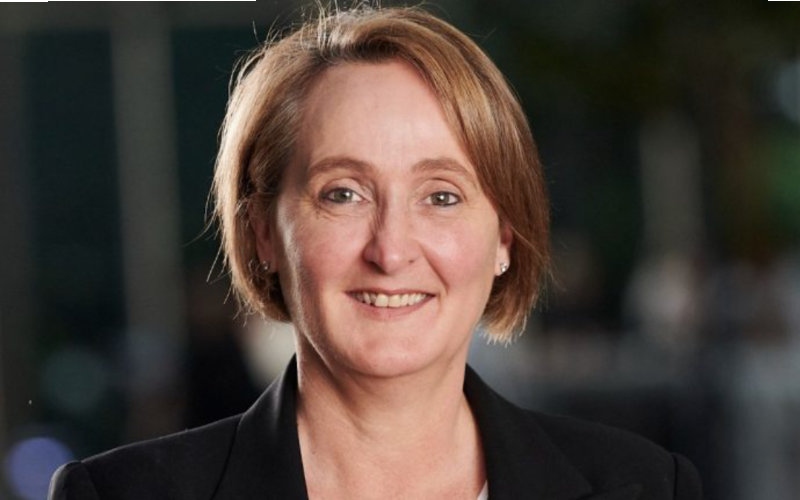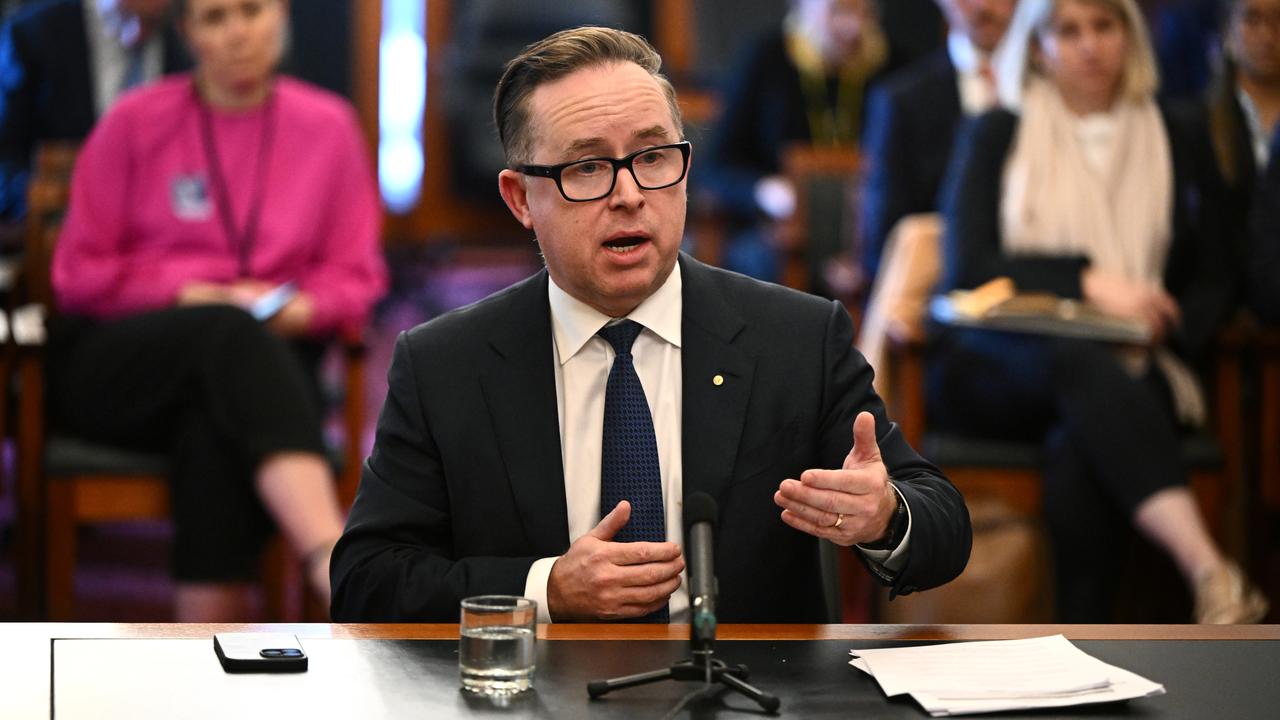When did you first know you enjoyed drawing and that you wanted to take it further than being something you did for pleasure or as a hobby?
A few years ago, I found my autobiography that I wrote in the second grade. In the autobiography, I wrote three lines. One of them was, “When I grew up, I want to be an artist.” I was like, “How was I so sure back then in second grade?” But I forgot all about it, and I changed paths.
I wanted to be a pediatrician. So I did all of my studies. I was an overachiever, and I did college classes in high school and did everything so that when I went to college, I would be set to start doing medical school. Then I started having all these extra classes, like free periods in high school because I was doing too much, and so I started going to the art room. I began oil painting and got really into drawing and painting to the point that I had amassed, I don’t know, 40 paintings in a year.
When I went to go for my orientation at the University at Buffalo SUNY School, I brought this little packet of paintings with me, photos of paintings, not slides, just shitty photos I took in the backyard, and I showed them. I took some time off my orientation to go over to the Center for the Arts. I met someone there who took them and they were like, “Oh, well, these are pretty good.” I was like, “Oh, thanks. I don’t know, it’s just like maybe I can double major.” They were like, “You’re insane. You can’t double major in pre-med and art.” So a couple of weeks later, I got a phone call from the person who was the head of the painting department and they wanted to accept me as a painting major with a bunch of advantages as a painting major already.
So I said, “let me ask my mom.” So I asked her, and she was like, “Well, your life’s going to be exponentially harder, but if that’s what you want to do.” So I did it, and I didn’t look back. I switched plans instantly and started when I was 17 in college as a painting major. Then I switched from a painting major to a printmaking major, and that’s when I got super into the process of making and drawing. It was so intrinsic into printmaking and how you make an image. How I personally work is using my hands instead of using a computer. I like to see the errors and the mistakes.

When I met you, you worked at a record store in Buffalo and you were putting on shows. At the time you were doing these jobs that weren’t necessarily directly related to your artwork. Did you imagine you’d be able to turn making art into a full-time thing, or were you thinking, “This will just be something I do, and I’ll have these other jobs and stay busy that way?”
I don’t know. I always was like, “Why couldn’t I do that?” But the reality of things makes it really hard, and the art world is a pretty insular place. It’s trendy and it’s not. If you’re not doing something a certain way, it can be really hard for you to make a living at it. I never do things a certain way, so I was always like, “How can I make stuff, make money, live comfortably, feel happy, and if I have to get a job, will that job coincide with those things?” I always knew I would probably be working somewhere for someone, and as long as I liked doing it, I could always make time to make things.
There are some other artists I’ve spoken to for the site, like Heather Benjamin or Emma Kohlmann, who had similar entryways, I think—being connected to punk, making flyers, doing this or that. Do you think being someone who is involved in DIY activities helped you when you decided to start a business?
Yeah, I think being that DIY kid was what made me go, “Well, no, why wouldn’t I do it? You’re not going to tell me I can’t do this thing because I already told myself if I could do it, and I’ll figure out how to do it.” If I put on a show, I would make a custom screen print. Even though no one’s giving me money to do this and no one’s buying these posters afterwards, I would just go flyer all the places that I would flyer with them and then give a grip of them to the band playing.
They were so happy to have them that I was like, “This is so worth it.” It was never about asking permission to do these things because it was the way it should be or shouldn’t be, or if I was going to make money off of it. It was just like, “No, this is how it is. This is what I want to do.”

When you started making things and trying to start a business, when did you realize it was actually going to work?
I stayed in Buffalo for a year after I graduated because I had a couple of gallery shows and then I had the job at the record store. I was like, “Oh, it’s easy. It’s easy to live here. I’ll just make some money this year and move from here.” I grew up in New York, but I wasn’t ready to come back to New York, so I moved to Chicago. When I moved to Chicago, I met someone else who had just gotten out of college, was doing printmaking, and we were like, “Oh, let’s start a greeting card company because we know how to print things ourselves. There’s little overhead, and we’ll see how it goes.”
So we started it, and people responded really well to it, and we were like, “Oh, that’s really weird. Now we have to do this seriously.” It went along for a little while and then eventually petered out, not because people weren’t that into it, just because of life and people. I started my own thing out of it, and it already had a little bit of a following already, so it seemed a little easy at first. Then, of course, you’re like, “I want to change this or I want to do this a different way.” So it’s just been a constant ebb and flow of like, “Is this going to keep going or should I not do this?” Even then I still do it because I’m like, “Let’s see what happens.”
The work you’re making is super present in many people’s lives—someone sending a card to a friend or loved one, or hanging up something you’ve made in their homes. It’s accessible and it’s reaching people. That feels tied into the DIY aspect, too. The gallery system is so often just hedge-fund people and bankers buying stuff, and so few people ever actually get to see what you’re making.
A lot of the stuff that I make is intrinsically emotional and has a lot of feeling in it. At the time that I was like, “I’m going to be a fine artist now,” it wasn’t what anybody wanted. It was a different time, a different place. Everyone wanted stuff that looked hard and if it had emotion, it was black and white, and it wasn’t really what I was going for. So it made me feel really shitty about what I was making. I was like, “How do I bridge the gap between these two things and still feel okay about what I’m making?” All of a sudden, I started making stationery, which seems so trite in the moment, but then before gay marriage was legal, this couple wrote to me.
They were like, “We really want to use this one card you make, for our wedding invitation.” I was like, “Oh, my god, that’s so cool. I never thought of that card being used for that reason.” Then all of a sudden, as time goes on, you start showing up at different places and all these people are telling you things like that, you’re like, “I think it has a better place now so I’m going to keep going and make as weird a thing as I possibly can make and see what people respond to.” So far, it’s been okay.
What are the things you’re pulling from? Will you be watching TV or something or listening to a song and then a lyric just pops out and you’re like, “Oh, this can be a card?” Or watching a TV show, “Oh, yeah, this here can lead to something,” like that?
Yeah, it’s very random. I’ve always liked words. Throughout time with any work I’ve done, I’ve always incorporated words somehow. I think my ears are always listening for something. It might not even be like I’m paying attention and then all of a sudden… My workstations are always covered in this brown craft paper to protect the tables. Then at the end of two weeks, I’ll look down at the paper and it’s got all of these scribbles on it, and I’m like, “Oh, those are all the card ideas for last week.” I’ll transfer that to a notebook and weed out the things that are insane.
I remember there was a time when maybe when your business was first taking off and you were filling orders and it seemed fairly stressful—if someone ordered a bunch, you had to just make all these things by hand. You have people helping you, right?
At the moment, I have just one person helping me off and on. It’s always so hard to manage people, so it becomes its own job that I’m not equipped to do. I know this, and I hate it.
So during certain times of the year, like holiday season, is it a thing where you just suddenly have to work 14-hour days to get everything done?
Yeah, I haven’t had a day off in three weeks, and I know that it’s going to be that way until I leave for a trip in November to do work. I know that this time of year just what it is, and I just have to be okay with it, and everyone around me has to be okay with not seeing me or if they want to see me come to the studio for lunch. It becomes a thing where people just know, and I just have to go essentially dark in a way as far as being social.
Has a large corporation ever asked to buy your brand and have people make the cards and you don’t have to worry about it so much?
Yeah, I was approached once by someone about partnering, and when I looked into what they were about, I just wasn’t that into it. People are always like, “There’s no way you’re still doing that by hand.” It’s like, “I’m going to make the cards by hand until I can’t do it,” because that was the ethos of the line. I also use a really outdated version of something to make the cards, and it’s slowly dying. It’s a Japanese product called a Gocco printer, and it’s discontinued. So I scoured the internet for supplies, and my whole thing has always been like when those supplies are done, then I will outsource the printing to someone and make my life a little easier in that way. But until then, I don’t know. It feels weird not to do it, so I do it.

Maybe when this interview goes up, someone will have one on they’ll send it to you.
I know. Every now and then I get a random package from someone who knew me a while back is printing with it, and it’ll be a bunch of supplies. I’m like, “What? What gold just came in the mail?” So if anyone has any, I will take them from you, and I’ll give you something in return. No problem.
How would you define success? For you, does it feel like you’re successful as an artist and a business person? How do you feel on a day-to-day basis, or do you ever feel like a failure?
I don’t know that I feel either of those things. I don’t know if I’ve decided I need to feel those things to make stuff. Then on top of it, nothing makes me happier than buying a book of an artist that I love. One day I was like, “I think I’ll feel successful when I make one of these kind of books, when hopefully, I’m 100 years old and there’s a book that has encompassed all of these weird projects and things that I’ve done, and I get to see them all in one thing.” I feel like that’s when I’ll feel a certain way about it.
But I don’t know that I need those other things along the way. It always feels nice when someone tells me how something makes them feel. It feels great that people get to live with them. But I never really think that far ahead, I guess, which is not a great thing also for a business, but it’s also hard for me to remember that I have a business in some respects because it’s so much about what I just do on the day-to-day.

You were talking about making emotional art before. You and I just finished a book together, Sad Happens, and it’s really deeply steeped in emotion. I mean, it’s about crying. Our metric for success with it, so far, has been like, “Oh, this person wrote and then they shared their own story,” or someone who contributed to it, who never thought of themselves as a writer, was like, “Oh, wow, I realize maybe I’m a writer.” So, yeah, our metrics for success have all been based on feeling or people getting something out of it. I do think that goes a long way versus, “How many pre-sales have we gotten?” I haven’t even asked that yet come to think of it.
I haven’t asked. Yeah, I thought about it the other day. I was like, “I wonder if anyone bought it.”
**I’m always more interested in what the book looks like and if people are getting something out of it. I think that kind of shared ethic has probably helped us as collaborators because we’re both on the same page. We also both have day jobs, so we’re not entirely reliant on the books to make money. I’m not like, “Rose, we got to get on Good Morning America. Come on, we got to press…” **
**When we knew each other in Buffalo, we knew we wanted to work on something, and we never knew what it was. I think a lot of people in this day and age feel like they need to rush to get things done. You know, “If I haven’t signed to a record label about 24, I’m a failure.” I think oftentimes you have to wait for the right project and wait for the right moment, and it may take a long time. Sad Happens to me is a project that was somewhere in the back of our heads, just out there for a long, long time, then it finally came to be. It’s interesting now as people see it, because then it feels very new—but to us, it’s been this idea that’s been floating around forever. **
Anyhow, in general, I think you have to be ready to grab the ideas when they finally feel like you can make them tangible.
For sure, and to feel comfortable with waiting. A lot of people aren’t comfortable with waiting for things. I feel like I could sit in a room for three hours with nothing happening, and even at the end of it, if something was like, “Eh, it didn’t happen today.” I’d be like, “Okay, see you tomorrow.” I feel like people aren’t comfortable in knowing that inside themselves there is something you can wait for, for it to happen. If it doesn’t happen today, it could happen tomorrow. It could happen in 10 years.
That part of being comfortable waiting, I think, is something people aren’t ready to do anymore because of the immediacy of everything. You can get things right away, you can get them delivered, that you can get them online and get feedback online right away. I don’t know. I barely have told anyone or shown anyone anything about the book other than that it’s happening. Yet, when people come to the studio and they’re like, “Oh, what’s that?” I’m like, “Oh, it’s a stack of 150 drawings that I did in the last year-and-a-half. You want to see them?” Everyone’s like, “Oh, my god!” So to me, it’s such a fun thing to see how the time it took made it better also than what we thought it could be or what it was supposed to be.
Speaking of long-term things, would you have any tips for people just starting out? Suppose a young artist is out there like, “I’m going to start my own company,” what are some things you learned? What were mistakes you made, where if you had to do it all over again, you’d be like, “All right, these are things that I would not do the second time around?” Or things you did that worked really well.
I just didn’t have a focus yet. Even now to this day, I wish I could focus it a little bit more and not make as many things because the problem with being the boss and the creative and the actual production on something, it’s like, “I can make anything. I can do anything. Here, let’s make it all.” But in the end, I shouldn’t do that because it becomes too much.
So honing your idea from the start, but taking the time to really think about it before you just jump in. It will benefit you so much more in the end because you’ll already be able to talk about it in a confident and assured way instead of being like, “I don’t know, I make stuff.” Which sometimes I still to this day, 15 years later. Being able to really concisely figure out what you want to do before you start is always good.
Then just because I’m that person, I would also say ignore what I just said and make anything you want. Because if you are the creative in business, if you have the skillset to make the thing, make the thing.
I guess that goes for another tip. If you don’t know how to do it, find the best person to make it for you, because if you sit around all day trying to figure out how to make something that you don’t know how to make, it’s not worth it to you. It’s not going to feel good every time you fail making it and knowing that you can find outside help to help you make things sometimes is also really important. Making those kinds of connections and partnerships is always the best and has helped me a lot with making stuff.
There is a real satisfaction in the play of being able to make whatever you want and then knocking it down a peg every time to be like, “This doesn’t make sense,” or actually, “This would cost so much money and people wouldn’t understand why it would cost as much,” or things like that always have to factor into stuff that you’re making when you make art as a business.
Speaking of business: Do you have a card you look back on where you think, “This was the perfect card?”
It’s the first card I ever made. It seemed so stupid at the time, and to this day, I still print it 15 years later. It just says, “Two trees,” and it says, “I like growing old with you,” and it’s a birthday card. It was like, “How do I make a birthday card without it being a birthday card?” I did it, and I was like, “All right, let’s make more.” It was the card that told me that people will buy this card that’s hand-drawn.
In the beginning, I was trying to use a lot of clip art and stuff that felt very of the time and of the moment, and witty sayings. I was really tired of it and everyone was starting to do it. I developed a font that I hand drew, and put it out into the world and people bought it. I was like, “All right, let’s keep going.”

Rose Lazar Recommends:
a list of 5 things in no order but all definitely related
crying: this seems like a no brainer, but often the only thing left to do
Alexander Calder: every time i see another piece of his that i haven’t seen i think i wish i could have known him
What We Do in the Shadows: i just recently decided to watch this show and have had a great time while doing it
Little Simz: UK rapper whose last album No Thank You has been on repeat a bunch this past year
The movie Point Break
This post was originally published on The Creative Independent.








 Impossible Foods
Impossible Foods The Not Company
The Not Company

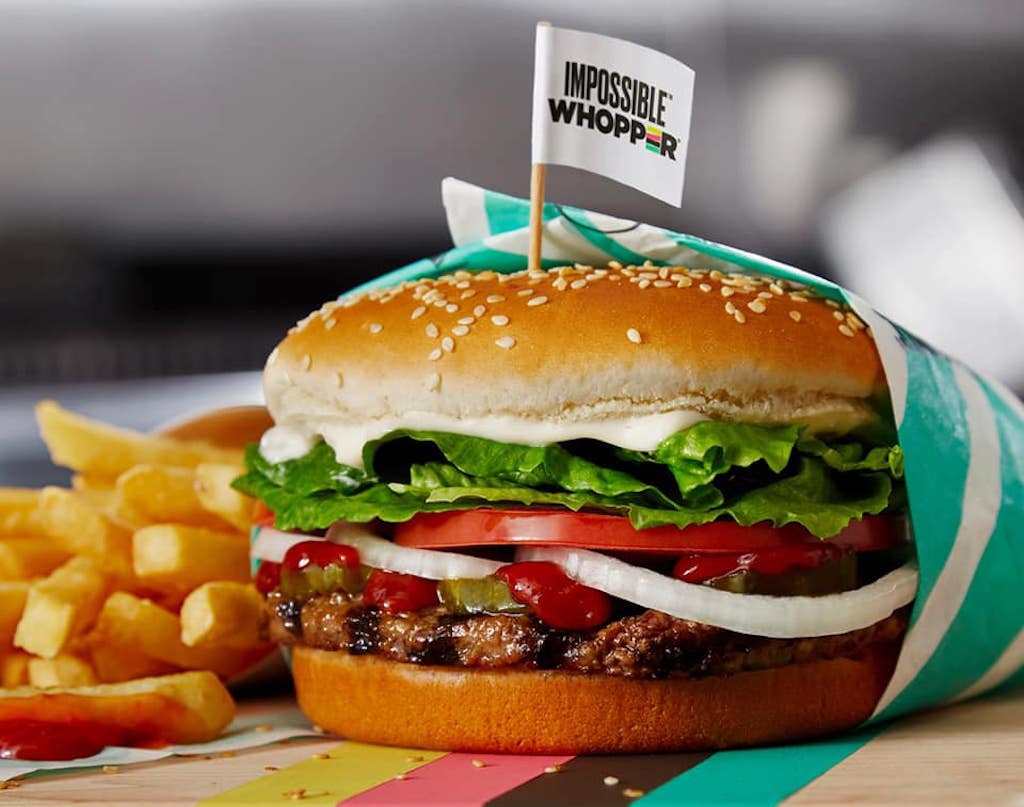 Burger King
Burger King KFC
KFC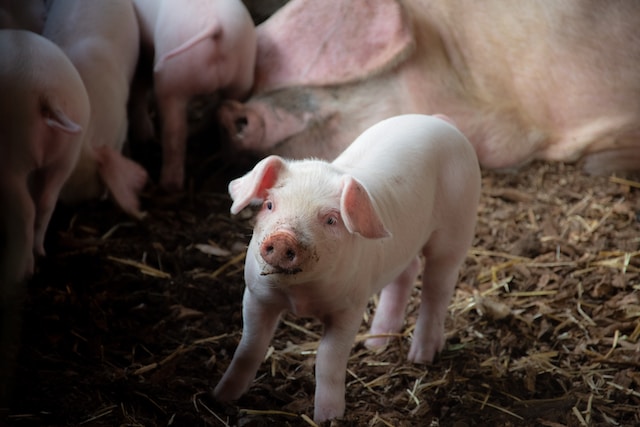 Unsplash
Unsplash
